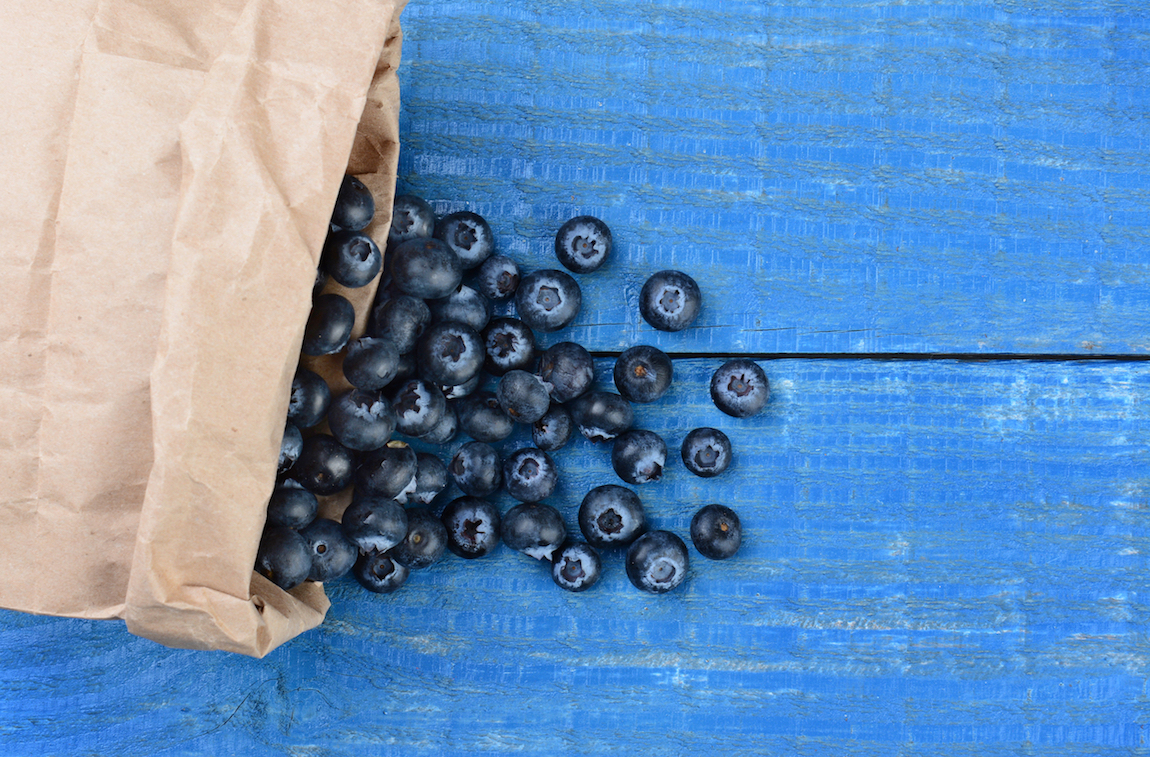Argentina refines blues strategy
The 2017 Argentine blueberry campaign has got off to a smoother start than last season according to the Argentinean Blueberry Committee (ABC), who said exports are 35 per cent higher at this stage than last year.
“During the current campaign up to week 40, Argentina exported 4,234 tonnes of fresh blueberries to the US in comparison to the 3,121 tonnes of 2016”, explained Federico Bayá, president of ABC.
Airflown shipments to the US increased from 2,849 tonnes to 3,383 tonnes, a growth of 18 per cent, while sea exports grew 213 per cent, from 272 tonnes to 851 tonnes.
“As producers, we have accomplished a better planning, therefore a better season. We keep on positioning Argentina within the most demanding international markets,” said Bayá.
Argentina’s presence at the PMA Fresh Summit will help consolidate its position as a supplier of “a product of good taste and colour and gourmet value, and a product of high demand in events like this”, ABC said.
Following last year’s disappointing campaign Argentina has made key production, logistics and commercial changes regarding the terms of distribution, focusing in increasing sea shipments and reducing air ones.
“This will allow us to delay our fruit up to week 46 and onwards”, said the ABC’s Matías Notti.
He said Peru’s decision to send more shipments by sea to the US, together with the expected later start of the Chilean deal, led him to be more optimistic about prices for weeks 48-50.
“According to how the US – the biggest consumption market – should be behaving, we see lots of companies that have difficulties in obtaining the fruit required for the planned sales, and other huge ones informing the fall in prices for the week.
“As mentioned before, due to the large quantity of containers arriving to the US it does not mean that all of them will have fruit, but just some will have lots. The ones that managed to fragment the sales, will probably have more capacity of negotiation,” said Notti.
He pointed out that nowadays the main warehouses in the East and West Coast do not have large stocks of fruit as in previous campaigns, suggesting that with suitable promotions product rotation would remain brisk and the arrival of Peruvian sea shipments would not have as huge an impact on the market as it did last year.
“In this regard, blueberry producers in Argentina aim to continue loading the biggest possible volume of sea shipments, as far as the climates allows,” Notti said.
“On the other hand, US importers that handle Argentine blueberries should keep on promoting the qualities of our fruit, focusing in its taste that makes the difference”.
He urged exporters to take responsibility for not sending more fruit that the market could absorb each week, saying “this will help encourage promotions and avoid messing up the market with fruit that later will be sold at any price or thrown away,” he concluded.







